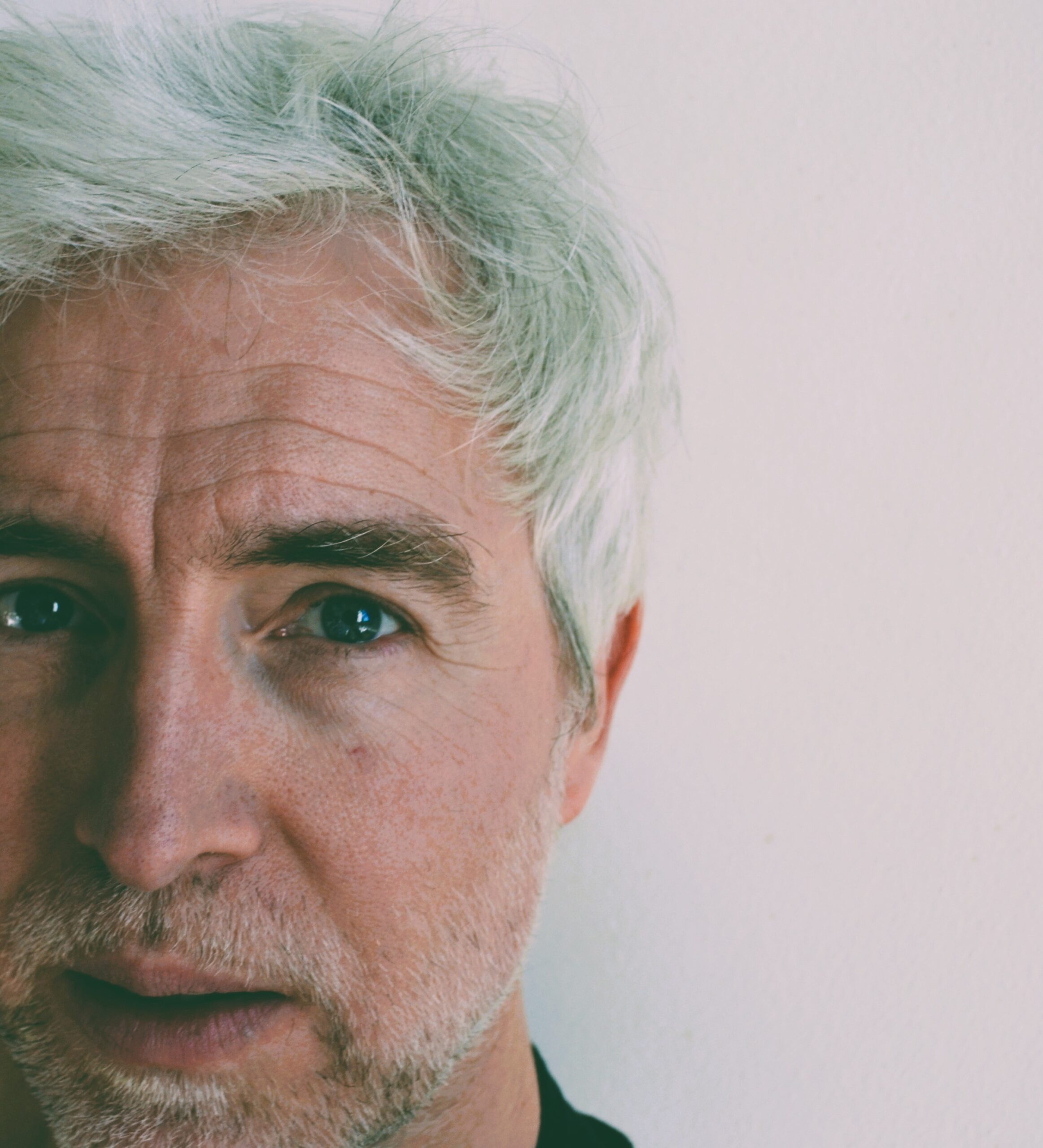Carl Liungman is a talented Neo-classical pianist, songwriter, and composer born in Sweden’s third biggest city, Malmo where he grew up in the 70s and 80s.
His love for music goes as far back as his younger days when he learns how to play the Piano. He also started producing his own music in his home studio years back.
His piano music reflects a distinct blend of beauty and emotion. It blends the skillful playing of classical piano with the peaceful and calming feel of new-age music.
Aside of several solo piano releases, Carl Liungman has created Chamber, Jazz and Pop music for theatre, short films, art exhibitions and poetry projects.

In the 2010s, Carl’s piano playing and improvisational songwriting began to evolve, with his pieces connecting through expression, harmony, and storytelling. He aimed to tell stories through instrumental music and received positive feedback on SoundCloud. In December 2019, he decided to record ten songs for his album Born, a universal musical life story inspired by personal and shared experiences.
Carl’s music draws heavily from his love of filmmaking. He finds inspiration not in visuals but in the rhythms of editing, atmospheres, and film soundtracks. Influences include Nino Rota (The Godfather), Hans Zimmer (Inception, Interstellar), Ennio Morricone (Once Upon a Time in America), and themes from 70s and 80s TV series like The Macahans, North and South, and The Hulk (Joe Harnell). These influences shaped the sound of Born.

Carl Liungman has released his third solo album titled “Change” produced by Carl Granberg.
This album is a heartfelt collection of nine solo piano pieces that reflects a personal experience of loss and new beginnings as Carl draws inspiration from his life, particularly the loss of his parents.
The album was recorded live at Malmo Art Museum in May, 2024 using a Steinway grand piano. The choice of venue contributes to the bright and clear sound that characterizes this album with every note captured with precision giving way for Liungman’s expressive playing to shine through.
The album “Change” depicts loss and new beginnings. What does this new beginning feel like?
For Carl, it feels like getting true to himself. Finally. Just doing his thing. His kind of music. Not listening to anyone telling him to adapt.
This year, Carl faced profound changes in his personal life. After losing his mother and moving his father to a nursing home, his family’s dynamics and atmosphere shifted. Amid these challenges, music became his solace, helping him transform hardship into beauty. His romantic, minimalist piano compositions emerged as a source of hope and healing. “My music saved me in a way,” Carl shares. “Playing calms me, and that’s how my simple melodies grow into complete pieces.”
The opening track ‘Mother” on the album sets a grand yet intimate tone as the music begins softly gradually building intensity. It is one of the tracks that feels the most personal to Carl while “After” contrasts a deeper note with lighter melody.
“Final days” reflects on impermanence and “Hope” transitions from minimal to dramatic intensity. The progression mirrors the nature of hope itself-sometimes faint but capable of growing stronger over time. Each piece captures a unique emotional journey and emotion with “Wind in June” giving an optimistic vibe.
Father serves as a counter point to the first track “Mother”. The notes progress gently around a solid framework as it paves way for a stable atmosphere amidst emotional complexity.
The track “Peaceful” is all about tranquility though not simple as it seems but it acknowledges that “Change” is inevitable.
Change is a brilliant addition to Carl’s discography, and it highlights his growth as an artist since his debut album Born. Unlike Born which was recorded in a studio setting, Change allows the listeners to feel connected to both the music and its emotional undercurrents as it offers an intimate live performance. The album expresses Hope, Despair and Love as every note allows the audience to reflect on their relationship with the fluctuating nature of life. At the end of the day, change is inevitable, and we must find strength in each phase life throws at us.
For Carl Liungman, music is a spiritual and social language, and of course music carries different cultural connotation. Music is a natural expression of his technical artistry, personal narrative, and entertainment.
‘Change’ is truly a breathtaking masterpiece.
CONNECT WITH CARL HERE:
